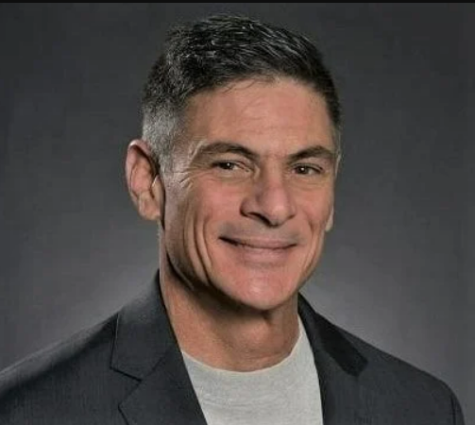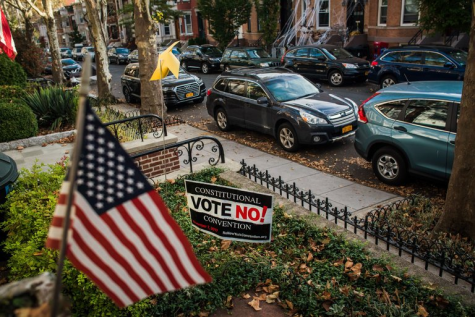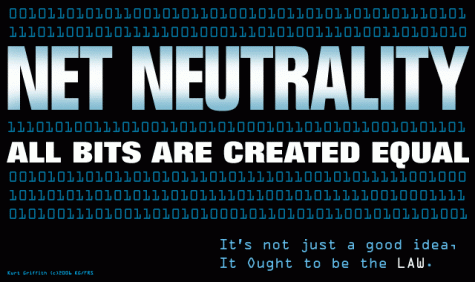Supreme Court Nomination Stagnates Due to Partisan Disagreements
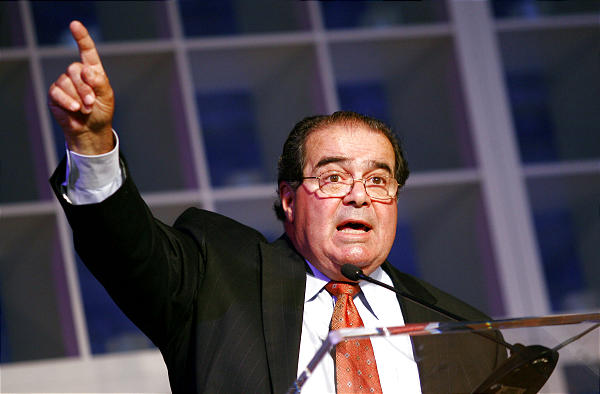
U.S. Supreme Court Justice Antonin Scalia delivers his keynote address at Utah State University’s conference called “Freedom and the Rule of Law” on September 15, 2008 in Logan. Photo: Kristin Murphy.
By now, the death of Supreme Court Justice Antonin Scalia is hardly news anymore, but the circumstances arising from his death are still progressing. But stagnating may be a more appropriate word to describe the process of finding and appointing his replacement.
Shortly after Justice Scalia’s death, Senate majority leader Mitch McConnell met with eleven members of the Senate Judiciary Committee. This committee is usually responsible for the review of nominees for positions on the Supreme Court before they are voted on by the Senate. In this meeting, all eleven of these Republican committee members had agreed not to even consider any nominee presented by President Obama, effectively preventing the appointment of a new Supreme Court justice.
In a statement to a CNN reporter, Senator McConnell explained that he believed the decision of the nomination “ought to be made by the next president; whoever is elected.” McConnell has received widespread support from fellow Republicans, who believe that this course of action is in keeping with democratic principles.
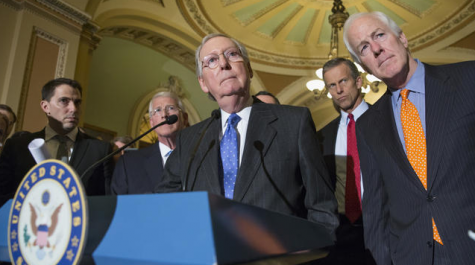
Democrats have railed against this position as being unprecedented and obstructionist. They cite the Constitution which says that “[the president] shall have the Power, by and with the Advice and Consent of the Senate… he shall nominate…Judges of the Supreme Court.” Thus, they claim that the Republicans’ refusal to consider nominees is a refusal to perform a duty mandated by the Constitution.
Julian E. Zelizer, a professor of history and public affairs at Princeton University, remarked to the New York Times, “What is remarkable is the opposition is not to a particular candidate or even to the notion Obama will only nominate someone too extreme, but that he should not have any right to have a nomination considered.”
“This is not even like the drawn-out confirmation process that President Wilson faced with Louis Brandeis,” Professor Zelizer said. “This is the argument that nothing should even be considered.”
White House press secretary Josh Earnest voiced his concurrence with the Democrats’ position in a tweet, pointing out that every Supreme Court nominee since 1875 has, at least, received a hearing and/or a vote by Congress. But Republicans have remained adamant in the face of such criticism, pointing out their own historical precedent.
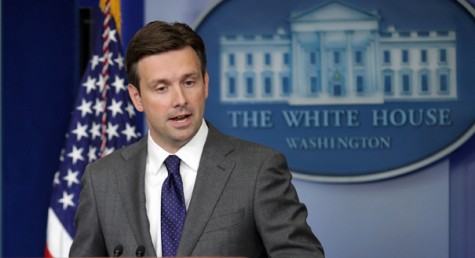
White House Press Secretary Josh Earnest.
According to an NPR article, the Republicans cite Joe Biden, who in 1992, said, “It is my view that if a Supreme Court Justice resigns tomorrow, or within the next several weeks, or resigns at the end of the summer, President Bush should consider following the practice of a majority of his predecessors, and not, and not, name a nominee until after the November election is completed.” With this example, Republicans are claiming that the Democrats’ position is hypocritical, and thus, they discount their criticisms as merely politically fueled cajoling.
The Vice President has claimed that he has been taken out of context in this case. In that same speech, he qualified his former statement in saying, “If the President consults and cooperates with the Senate or moderates his selections absent consultation, then his nominees may enjoy my support as did Justices Kennedy and Souter. But if he does not, as is the President’s right, then I will oppose his future nominees as is my right.”
Though it’s unclear who will ultimately triumph in this dispute, it seems that this conflict is preventing the nomination of a new Justice in unexpected ways.
Four of the potential nominations that Obama was considering to become nominees (one of them a Republican) have politely declined his offer, most of them claiming that they are content in the positions they hold currently.
It seems that partisan conflict and gridlock have become the staples of our government’s daily workings, and it seems that the inter-party tensions rise with each conflict. How much more strife can our republic take without becoming truly broken?


